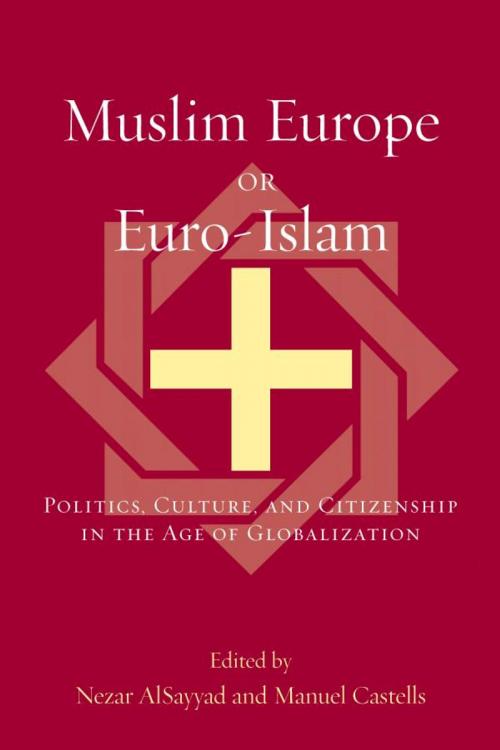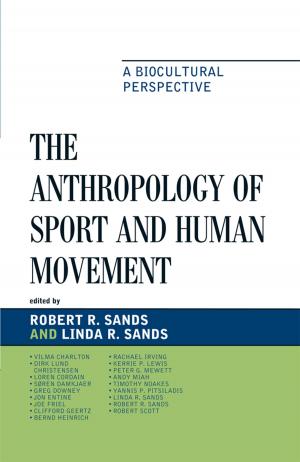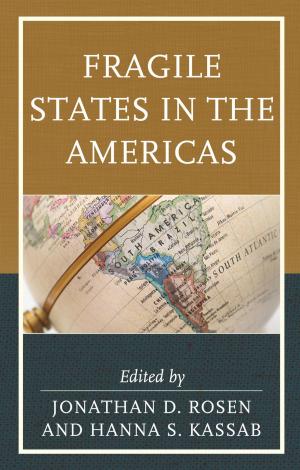Muslim Europe or Euro-Islam
Politics, Culture, and Citizenship in the Age of Globalization
Nonfiction, Religion & Spirituality, Reference, History, Middle East Religions, Islam| Author: | ISBN: | 9780739157954 | |
| Publisher: | Lexington Books | Publication: | April 3, 2002 |
| Imprint: | Lexington Books | Language: | English |
| Author: | |
| ISBN: | 9780739157954 |
| Publisher: | Lexington Books |
| Publication: | April 3, 2002 |
| Imprint: | Lexington Books |
| Language: | English |
Five centuries after the expulsion of Muslims and Jews from Spain, Europe is once again becoming a land of Islam. At the beginning of a new millennium, and in an era marked as one of globalization, Europe continues to wrestle with the issue of national identity, especially in the context of its Muslim citizens. Muslim Europe or Euro-Islam brings together distinguished scholars from Europe, the United States, and the Middle East in a dynamic discussion about the Muslim populations living in Europe and about Europe's role in framing Islam today. The book raises several crucial questions: Does Islam offer a special case for citizenship? Is assimilation or multiculturalism the model to be followed in the case of Muslims in Europe? How powerful a force is Islam in determining identity? And why is Islam—after centuries of being a presence in Europe—not considered a European religion? Working at the knotty intersection of cultural identity, the politics of nations and nationalisms, and religious persuasions, this is an invaluable anthology of scholarship that reveals the multifaceted natures of both Europe and Islam.
Five centuries after the expulsion of Muslims and Jews from Spain, Europe is once again becoming a land of Islam. At the beginning of a new millennium, and in an era marked as one of globalization, Europe continues to wrestle with the issue of national identity, especially in the context of its Muslim citizens. Muslim Europe or Euro-Islam brings together distinguished scholars from Europe, the United States, and the Middle East in a dynamic discussion about the Muslim populations living in Europe and about Europe's role in framing Islam today. The book raises several crucial questions: Does Islam offer a special case for citizenship? Is assimilation or multiculturalism the model to be followed in the case of Muslims in Europe? How powerful a force is Islam in determining identity? And why is Islam—after centuries of being a presence in Europe—not considered a European religion? Working at the knotty intersection of cultural identity, the politics of nations and nationalisms, and religious persuasions, this is an invaluable anthology of scholarship that reveals the multifaceted natures of both Europe and Islam.















